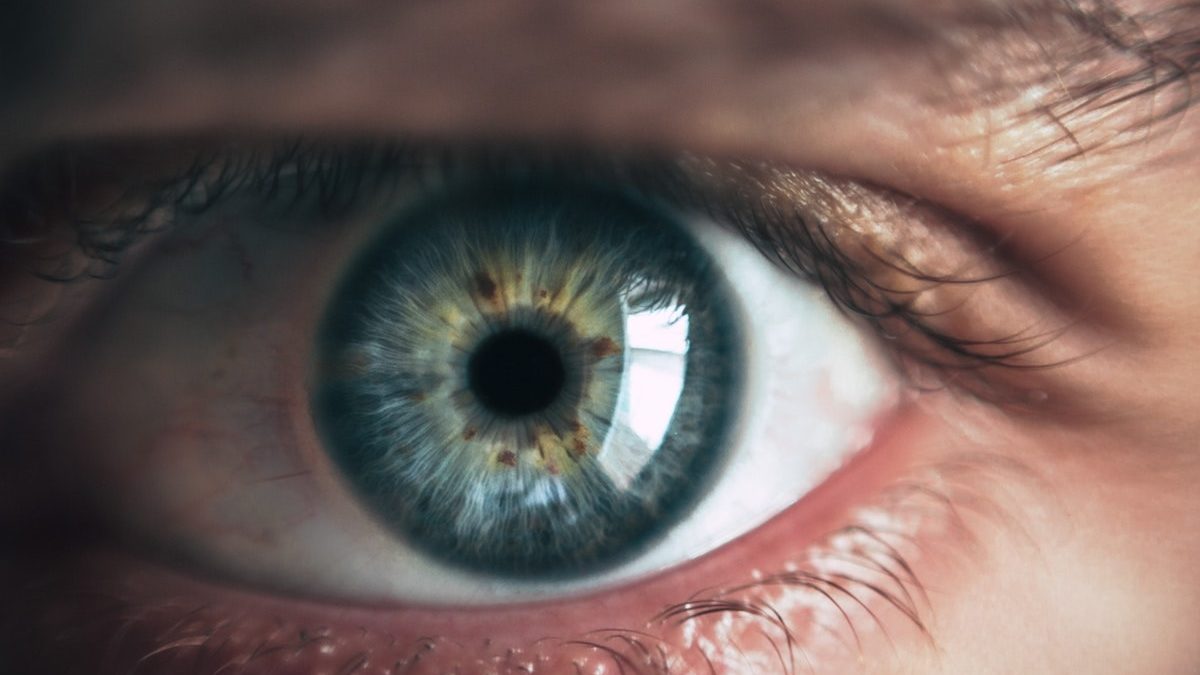Table of Contents
Introduction
In the early years of our lives and throughout young adulthood, many of us take our vision for granted. Once we reach a certain age, however, and our vision begins to deteriorate, maintaining healthy eyes can quickly become a priority, and blurred vision loss can become a huge concern, and rightly so.
If you’re experiencing blurred vision, we’d always advise that you obtain professional medical advice, as you may have a refractive error, something that can be corrected quite easily by a treatment such as a laser eye surgery.

Causes
Vision can deteriorate over time or suddenly, and for a number of reasons. Most commonly, though, it’s due to a refractive error in the eye.
Blurred vision can be caused by a refractive error, a condition in which light is not correctly focused on the retina at the back of the eye.
There are numerous conditions which can cause blurred vision, including:
- Myopia
- Hyperopia
- Astigmatism
- Cataracts
- Presbyopia
- Glaucoma
- Dry Eye
Treatment
There is a range of non-surgical and outpatient treatment options available for treating the many causes of blurred vision.
Which one you chose will depend on a number a couple of factors, primarily suitability and cost.
Non-Surgical Options
For many, non-surgical options are the treatment of choice, primarily due to a fear of surgery and the risks involved, budgetary reasons, and suitability.
Non-surgical treatments include:
- Eyeglasses
- Contact Lenses
Outpatient Options
For others, the impracticality and nuisance of wearing contact lenses and glasses eventually reach a stage where they opt for a more permanent option.
This is a more costly approach. But, the advantages often outweigh the cost for many individuals.
Outpatient treatments include:
- Laser Refractive Surgery
- LASIK Surgery
- LASEK Surgery
- Lens Replacement Surgery (inc. Cataracts Surgery)
Summary
There are a number of eye-health conditions that may cause blurred vision, usually as a symptom of the condition itself.
Now you know what they are and how they’re best treated.
The important thing to remember is, there are generally always options available to sufferers of blurred vision.
Again, it’s advised to seek professional advice from your medical practitioner, but you’re now armed with the information you need to progress and maintain your vision.

